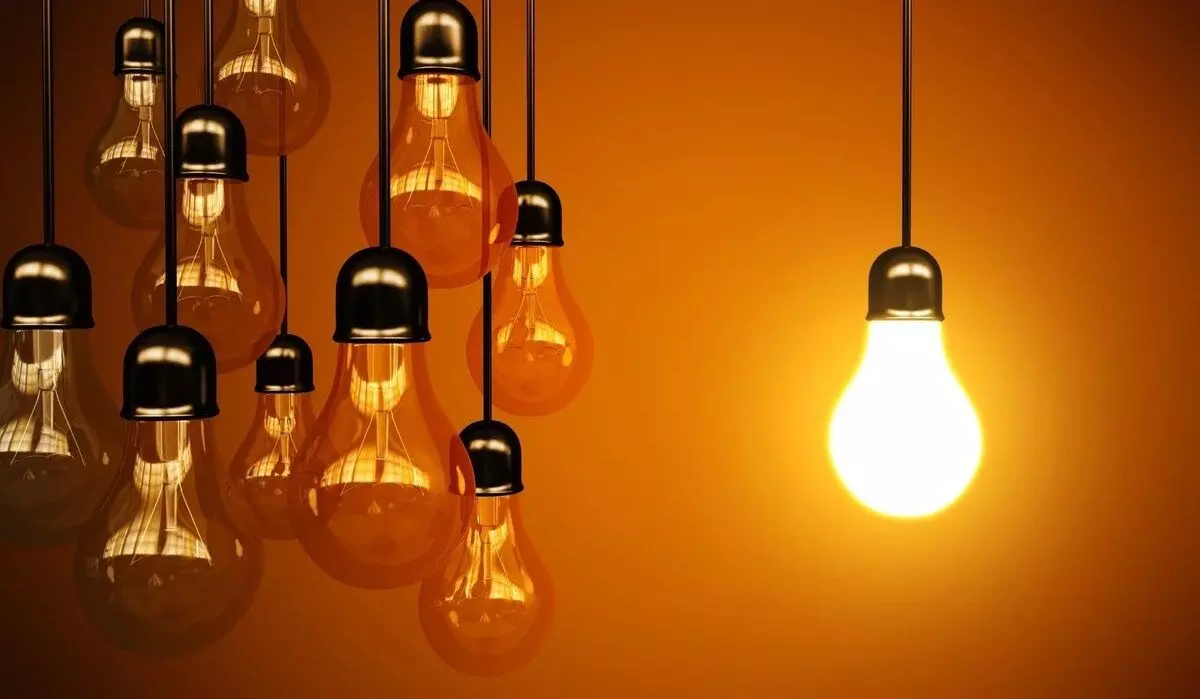- Home
- /
- Stakeholders call for...

Stakeholders call for more rural electrification projects in 2019 Some stakeholders in the power sector have urged the Federal Government to invest more in rural electrification projects to boost power supply in the country in 2019. They gave the advice in separate interviews with Newsmen in Lagos on Friday while evaluating the challenges of the […]
Stakeholders call for more rural electrification projects in 2019

Some stakeholders in the power sector have urged the Federal Government to invest more in rural electrification projects to boost power supply in the country in 2019.
They gave the advice in separate interviews with Newsmen in Lagos on Friday while evaluating the challenges of the power sector in 2018 and its prospects for the New Year.
Mr Bolade Soremekun, Chairman, Rubitec Solar Nig. Ltd., said developing rural electrification through incremental power supply would enable every megawatt to be harnessed and made available to the people.
Soremekun said the power sector in 2018 was not encouraging, especially in areas of grid power, transmission and distribution, and hat the distribution companies had not recorded any major improvements since 2013 to 2018.
He, however, said the sector could be better in 2019 if the Federal Government granted incentives to private investors to invest in mini-grids.
“Our expectations in 2019, is that it will be a great year in the sense that there will be various investments internationally and locally for rural communities.
“It will come through million dollar investments in mini-grids through the World Bank 350 million dollar intervention. AfDB’s 150 million dollar, Federal Government counterpart funding as well as local and international private Investment.
“Discos need to embrace interconnected mini-grids by partnering with investors in the sector. Their cash investments will be low, but they will reduce losses, collect more revenue, and utilise redundant distribution lines.
“They will reach more customers, especially in underserved and unserved urban and rural communities,” he said.
The Rubitec boss called for more investment in transmission lines and removal of bottlenecks in the system.
He advised the government to focus on distributed energy and renewable energy instead of the traditional Generation-Transmission- Distribution model.
Soremekun suggested that the government could give more incentives to distribute more renewable energy, saying that would impact greatly on the sector.
He advised the Rural Electrification Agency to invent itself, and that it was germane for the establishment to focus on the promotion of off-grid and mini-grid renewable energy solutions, especially in the rural areas.
He also advised the agency to work with the organised private sector to achieve accelerated rural electrification for over 70 per cent of Nigerians.
The Group Managing Director of Sahara Power Group, Mr Kola Adesina, said: “2018 was the year of blame game.”
Adeshina said, “In the relay race of electricity supply, whenever the ball dropped, rather than rally to resolve and move on, public spat and grandstanding was the order of the day.
“In 2019, we need better co-ordination, collaboration and co-operation in order to deliver.
“While we cannot rely only on grid supply, we should know that it’s only the grid that supports industrialisation and big employment/revenue enhancement.
“The fundamentals must be addressed in terms of shortfalls in tariffs and revenue. Enablers must be provided to ensure that each stakeholder meet their obligations.”
The Executive Director, PowerUp Initiatives for Electricity Rights (PowerUp Nigeria), Mr Adetayo Adegbemle, said 2018 was a year with many promises for the power sector, noting that progress was made in the renewable energy sector.
Adegbemle said the government also increased power generation to 7,000MW, though the Discos could not distribute more than 5000MW, adding that the transmission also struggled to deliver tangible progress.
He urged the government to ensure the independence of the Nigerian Electricity Regulatory Commission (NERC) by allowing it to function more and ensure it is not funded by the Discos anymore.
“Transmission should be broken down. Else it remains a sinkhole. There is no rationale behind Nigeria continuing with the single grid.
“Gas remains an expensive source of fuel, we should deregulate and synergise more fuel sources.
“Off grid installations should be encouraged so that many unserved and underserved areas can be taken off the grid,” he said.
The expert said none of the Discos had a functional technical partner, hence there should be an independent review of the performance of the Discos as a basis for the renewal of their licenses.
“The Meter Assets Providers (MAP), Regulations was released since March, up till now, it has remained in the cooler.
“NERC should enforce the MAP and bring succour to thousands of Nigerians suffering under the heavy weight of overbilling.
“None of the Discos has completed its customer enumeration, five years after taking over. Sanctions should be given to defaulting companies.
“Unless we take painful but serious decisions, foreign investment into the Power Sector will continue to elude Nigeria, and we’ll continue to wallow in this darkness,” he added.
NAN reports that Minister of Power, Works and Housing, Mr Babatunde Fashola, on Nov. 12 said the government had delivered visible results and recorded progress across different sectors, including housing, road construction and electricity provision.
Fashola said this while delivering the third year progress report speech in Abuja.
The minister said his team had improved on what they met on ground by increasing generation from 4000MW to 7000MW, transmission from 5000MW to 7000MW and distribution from 2690MW to 5,222 MW.
Source: NAN
Photo Credit: Google




